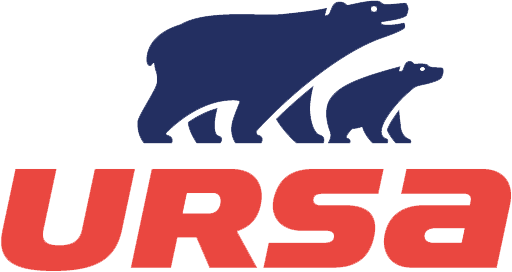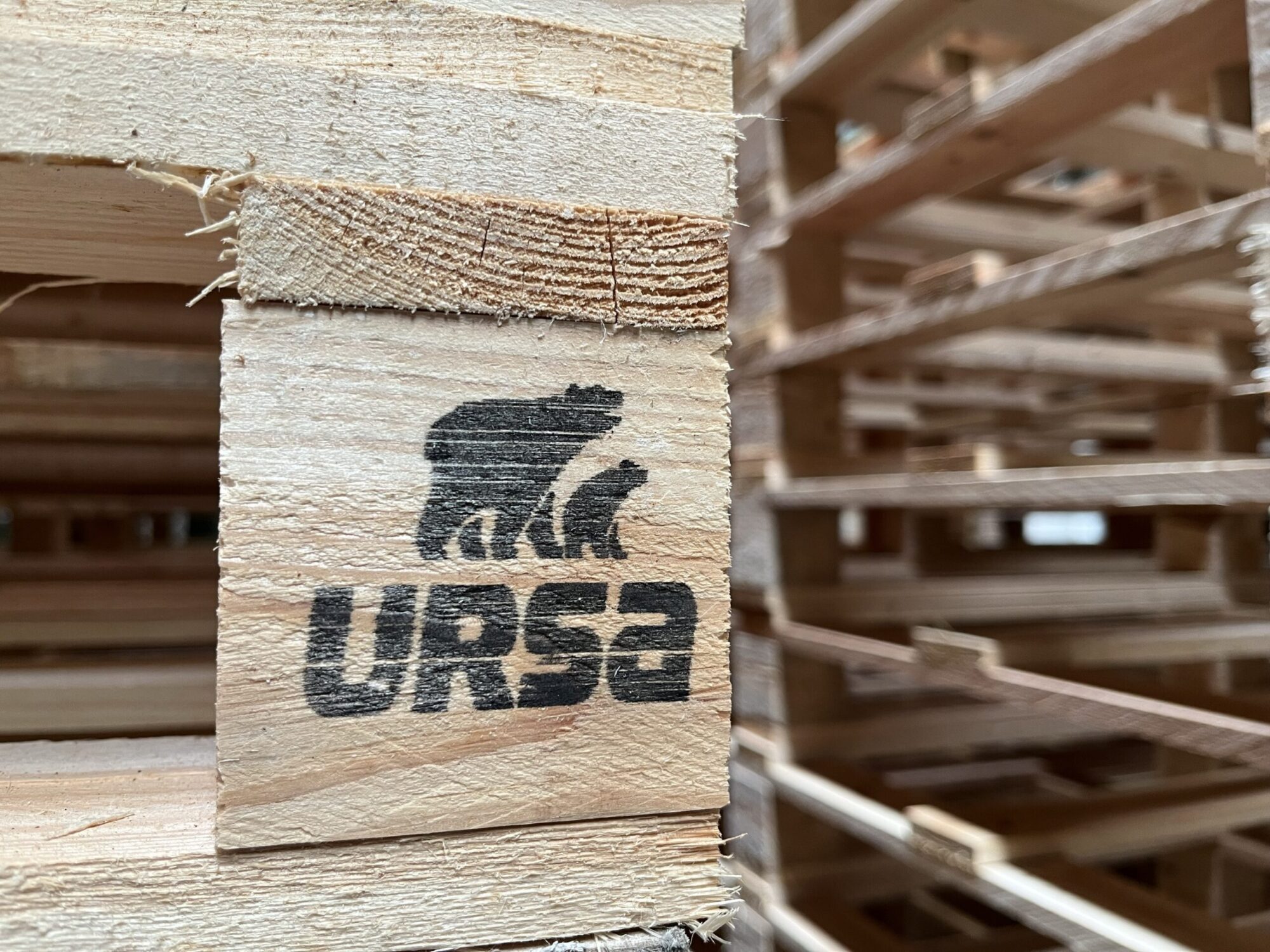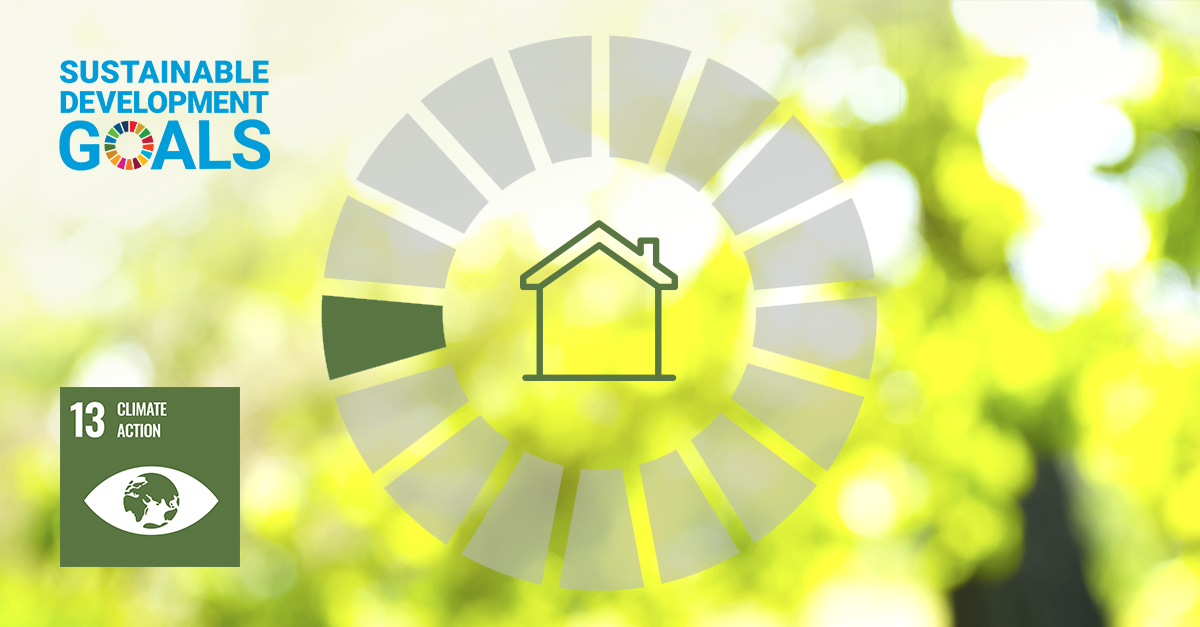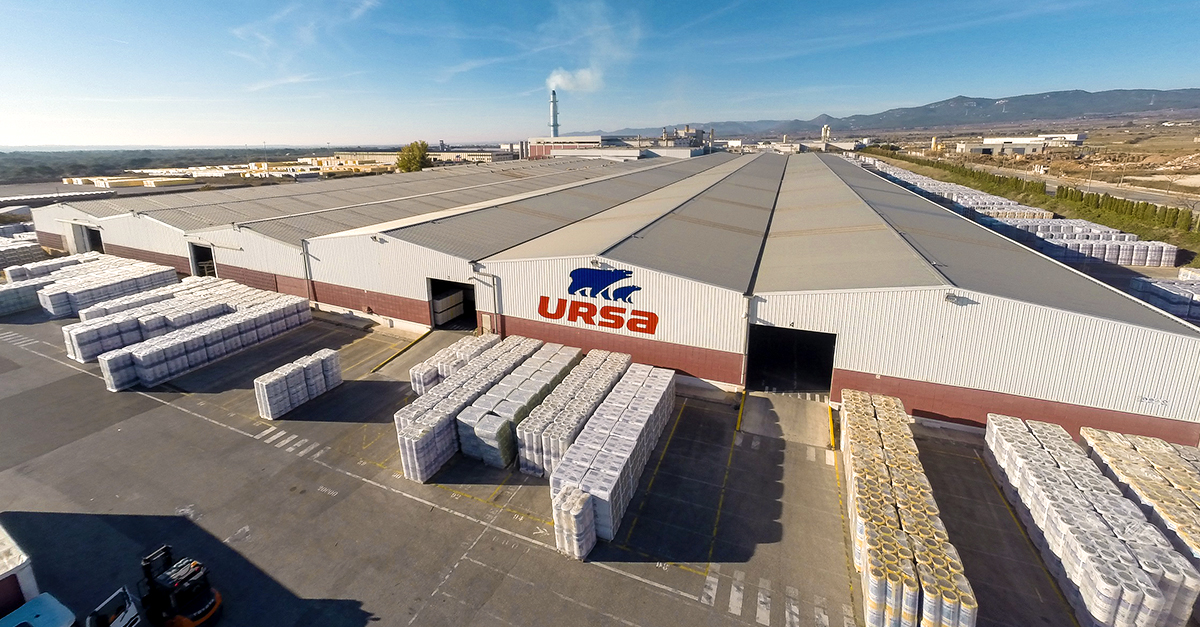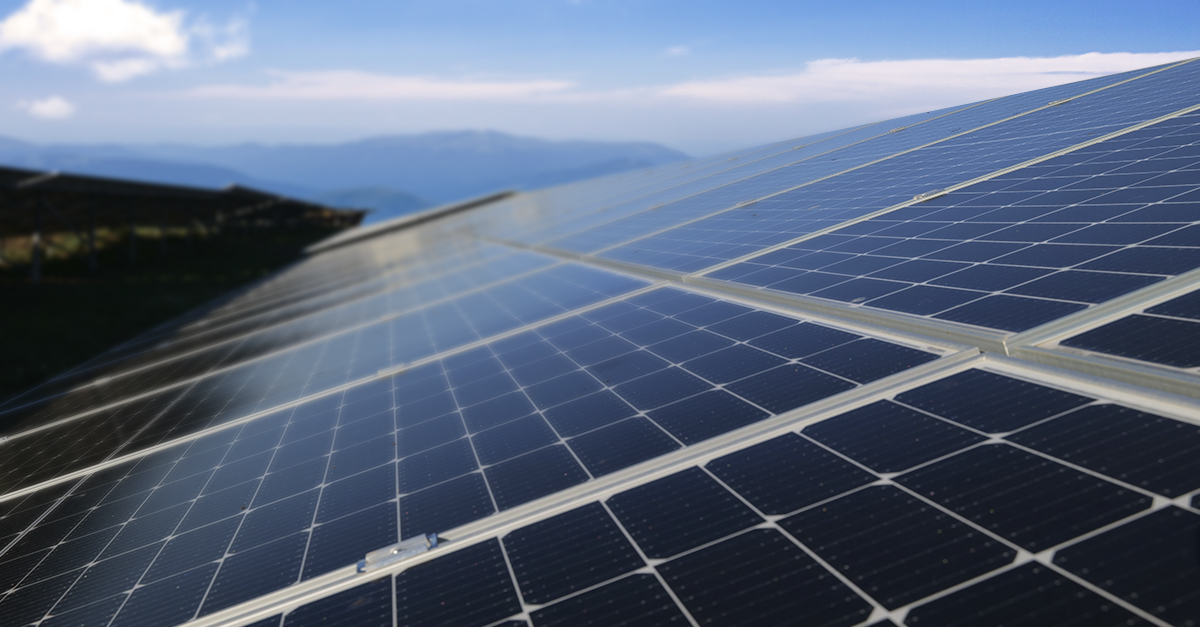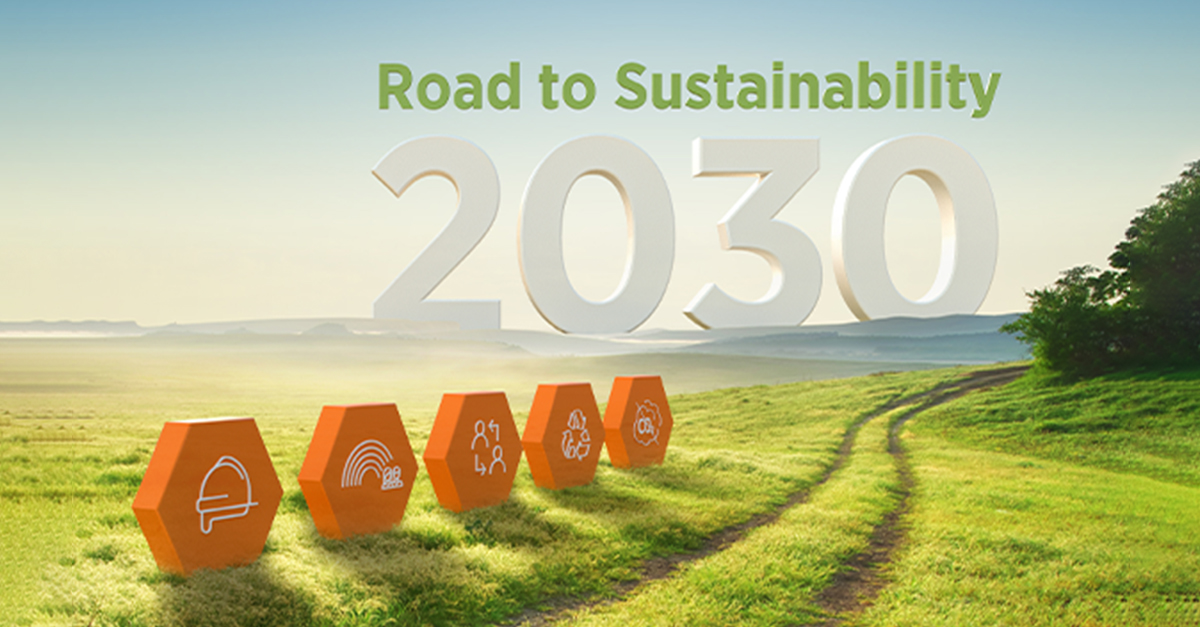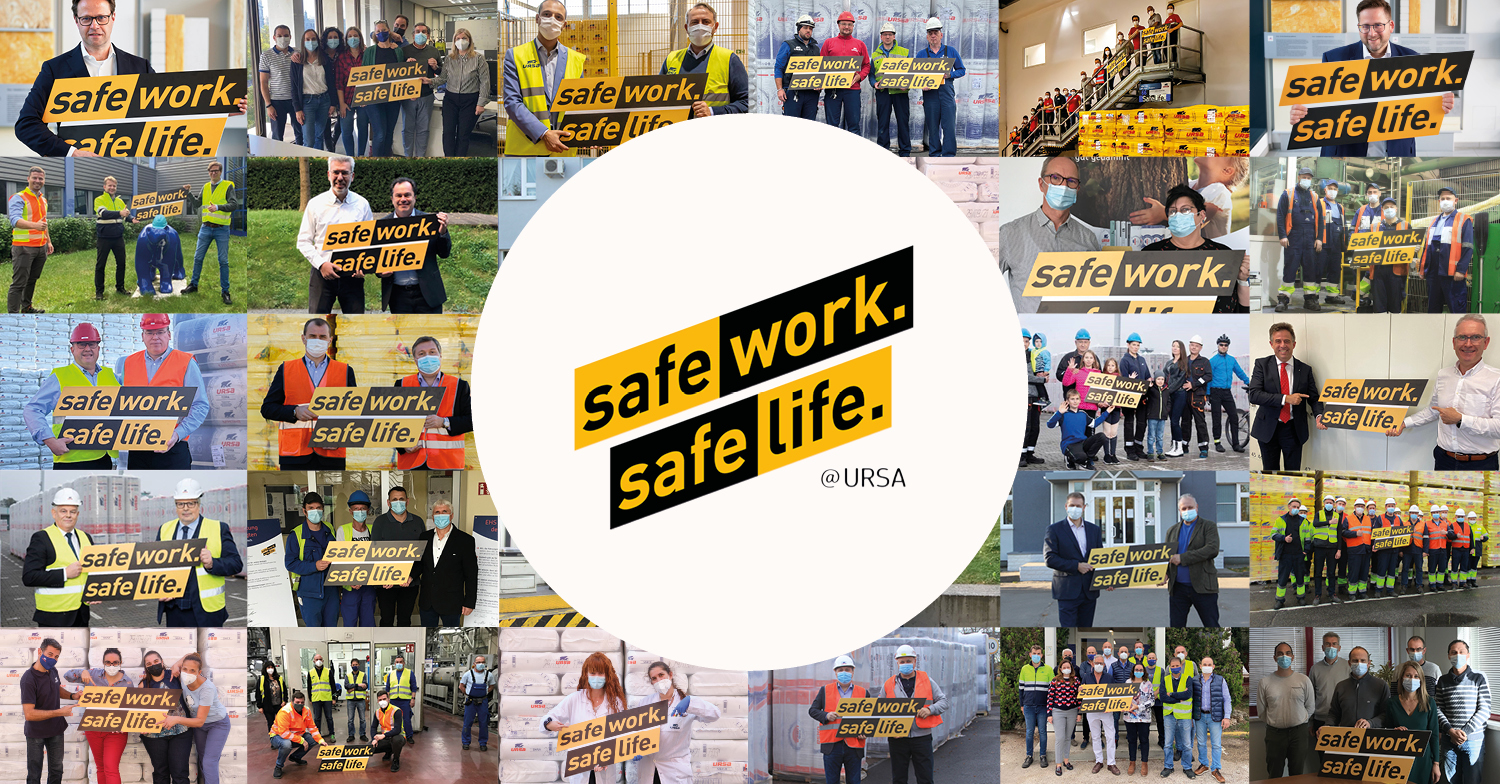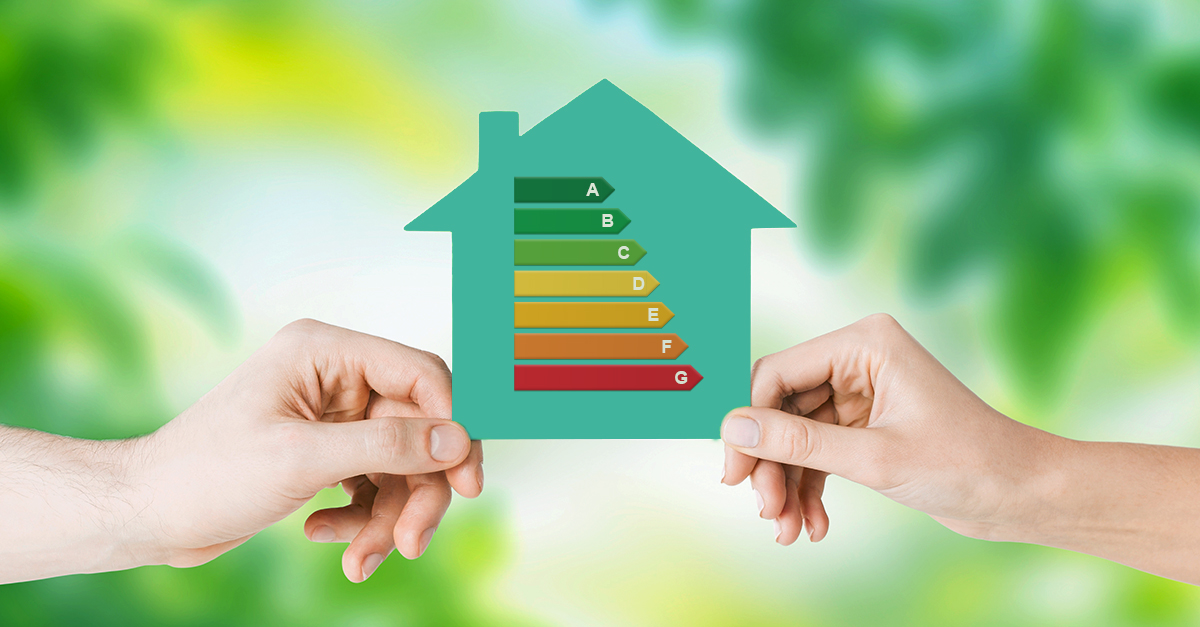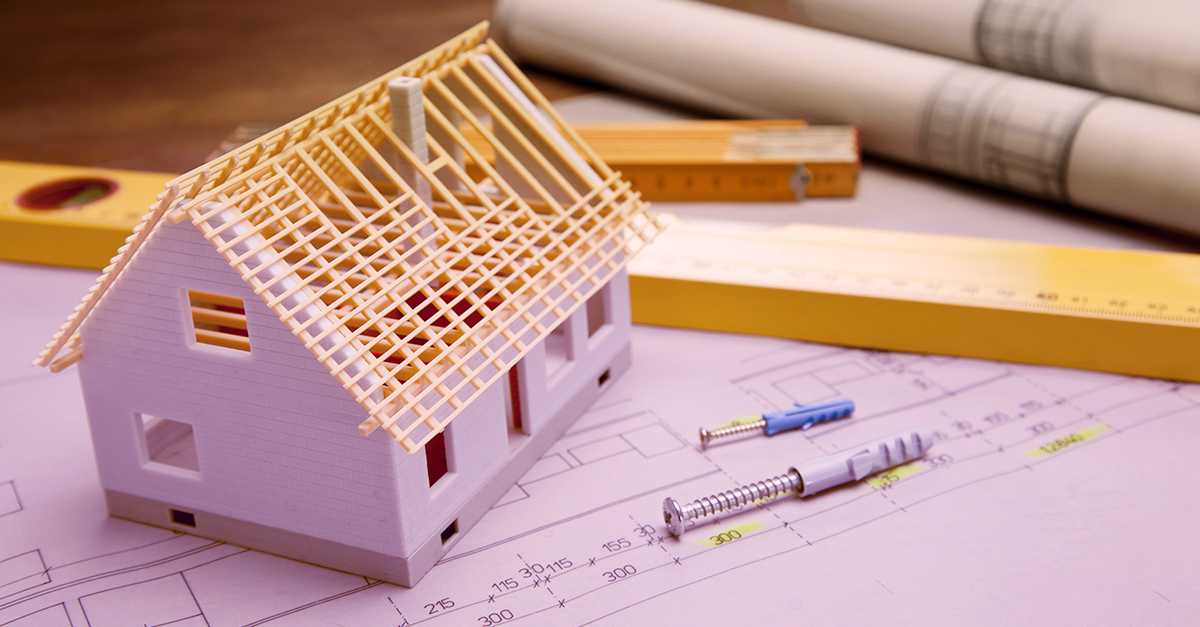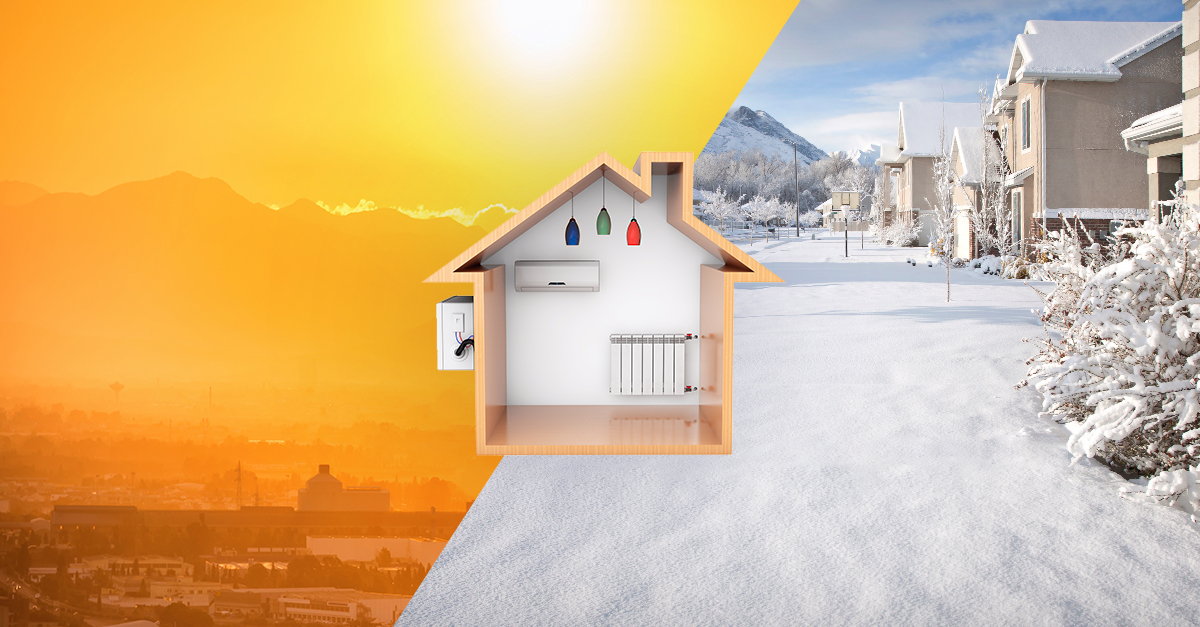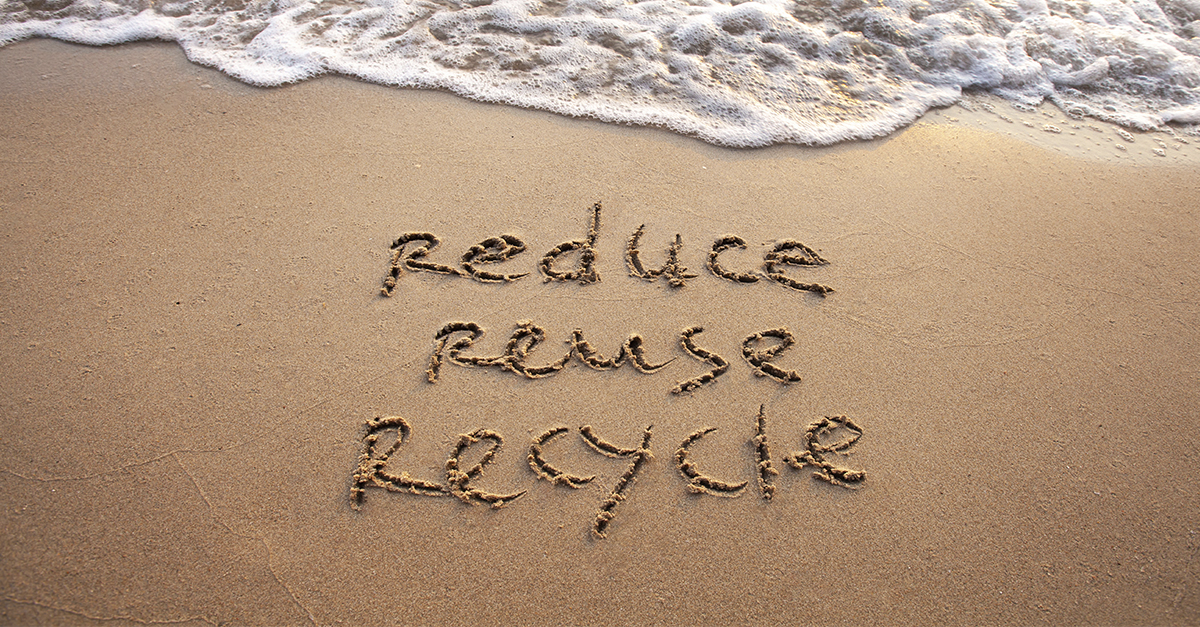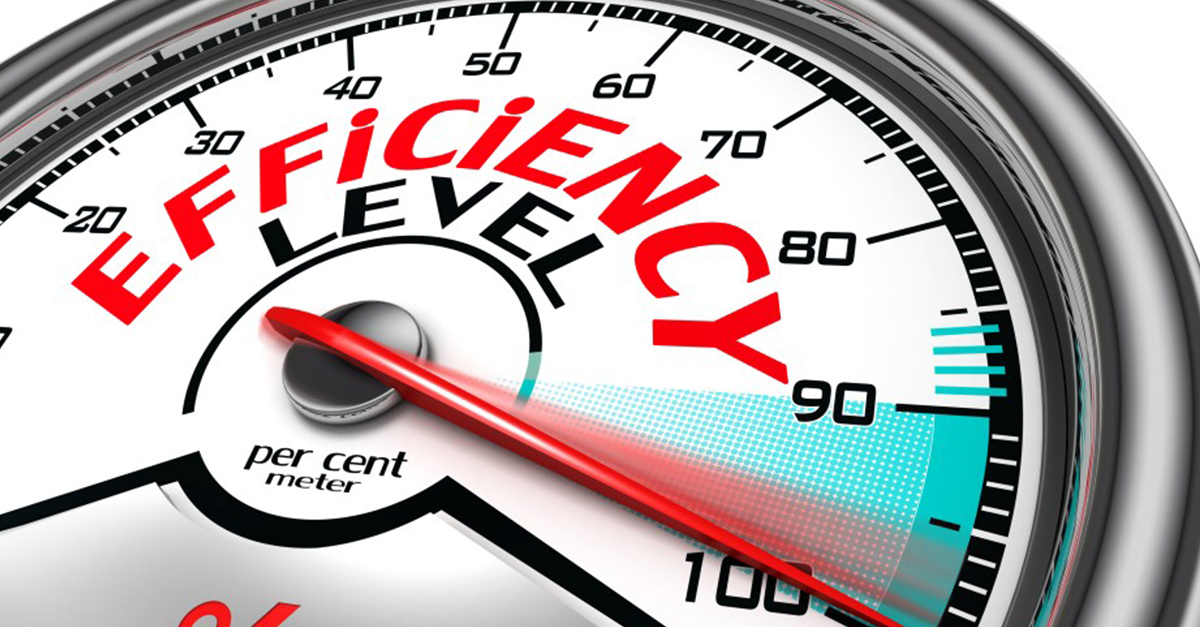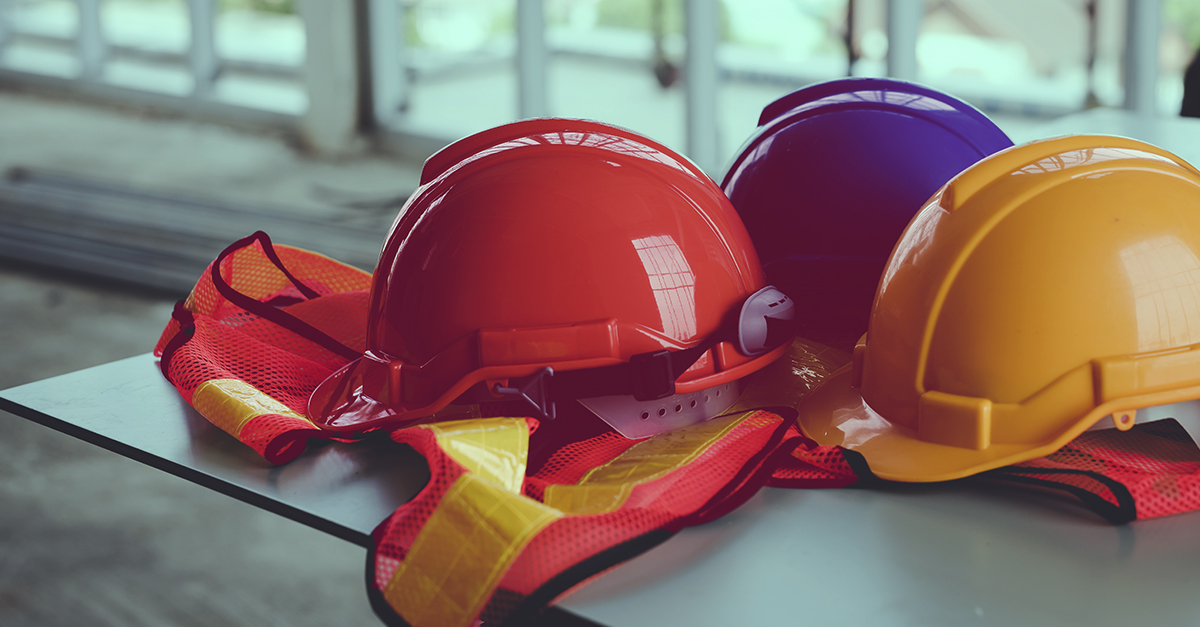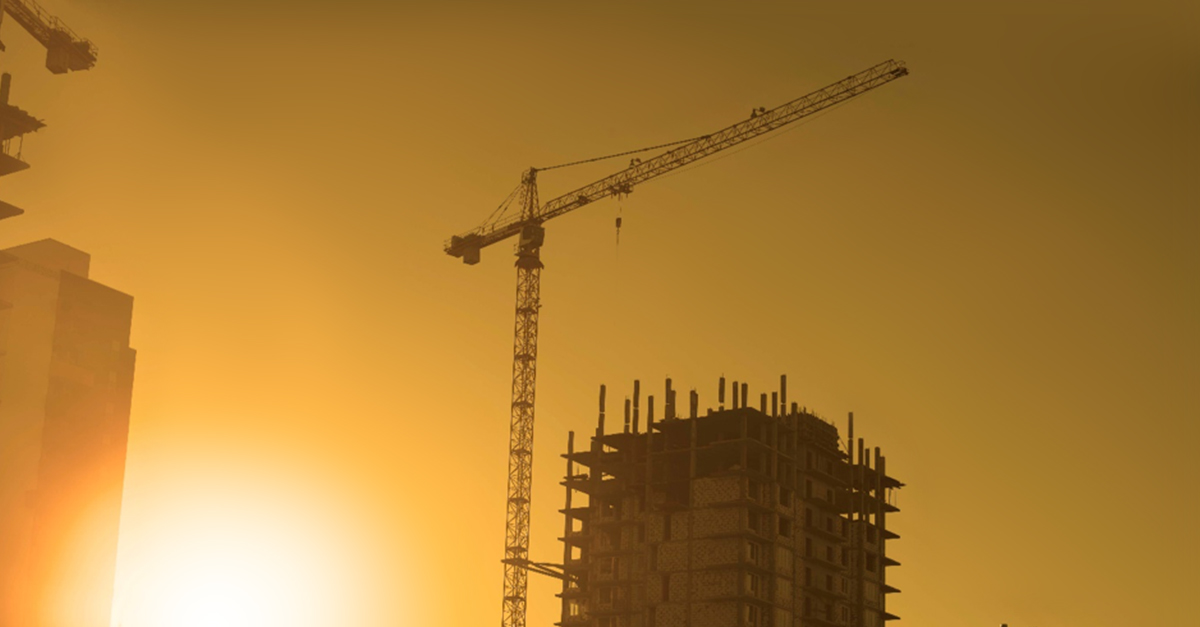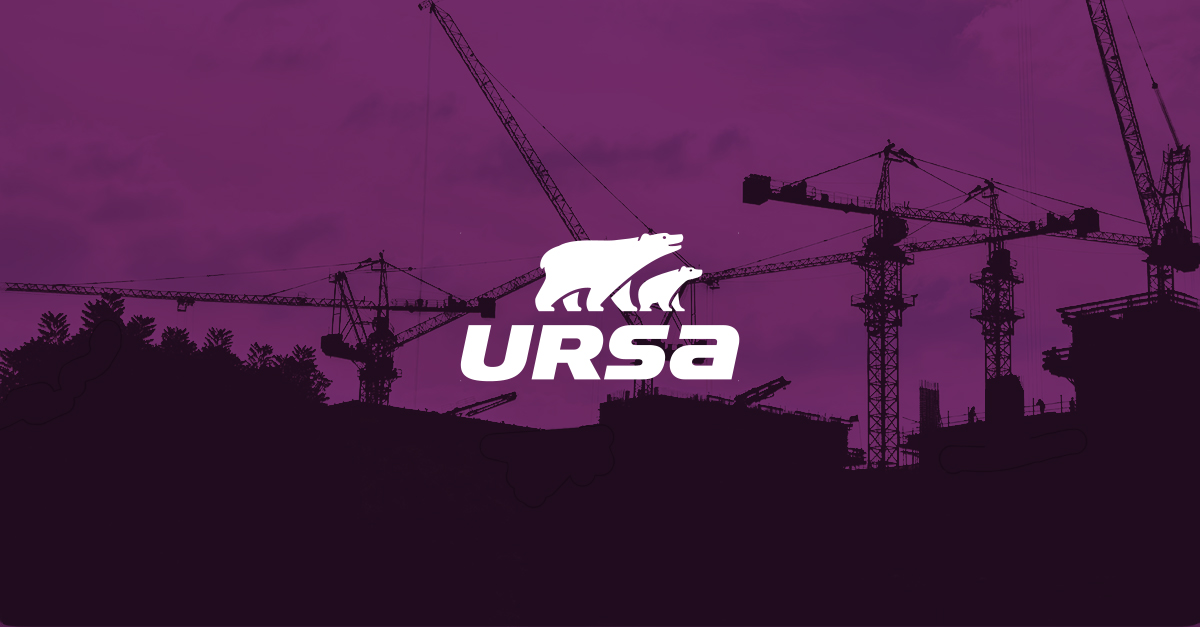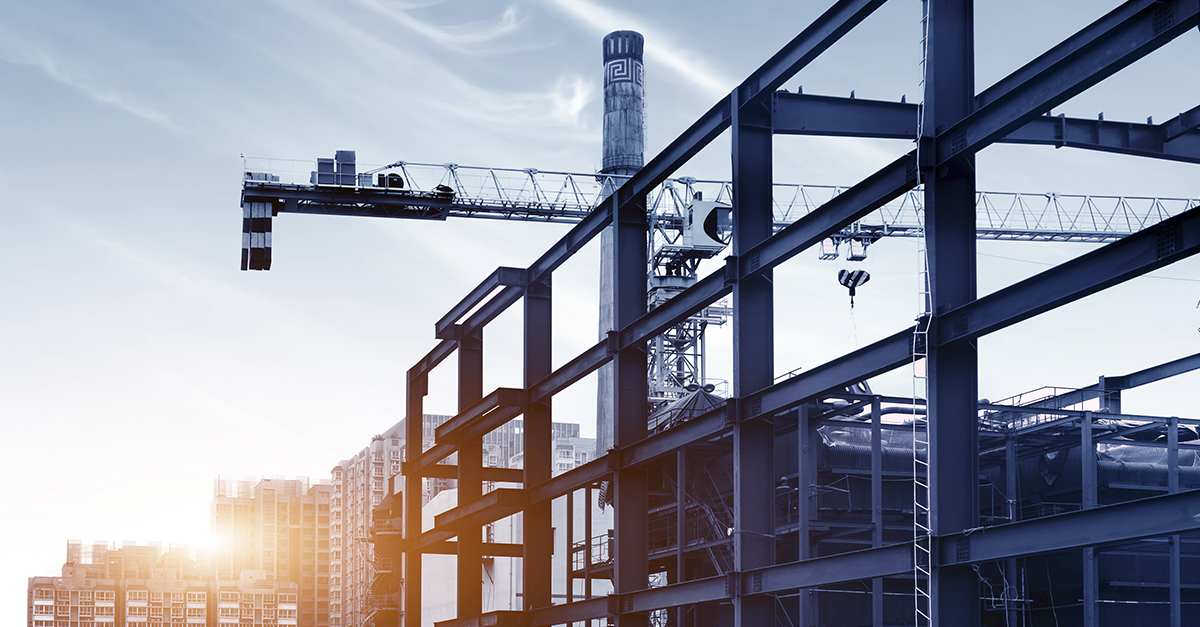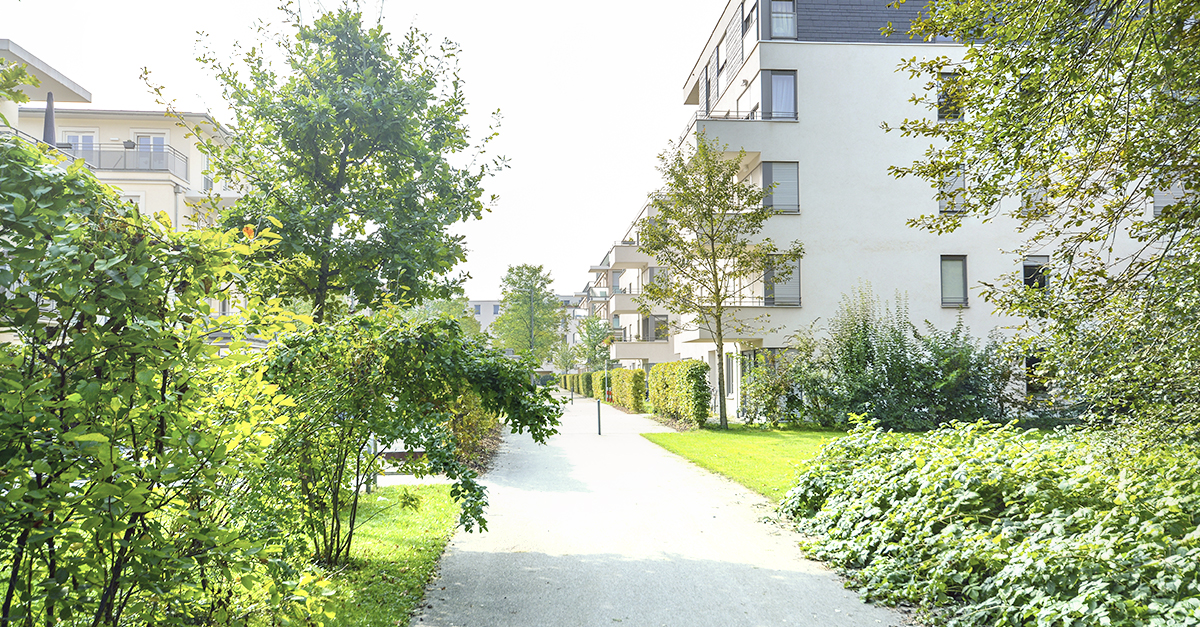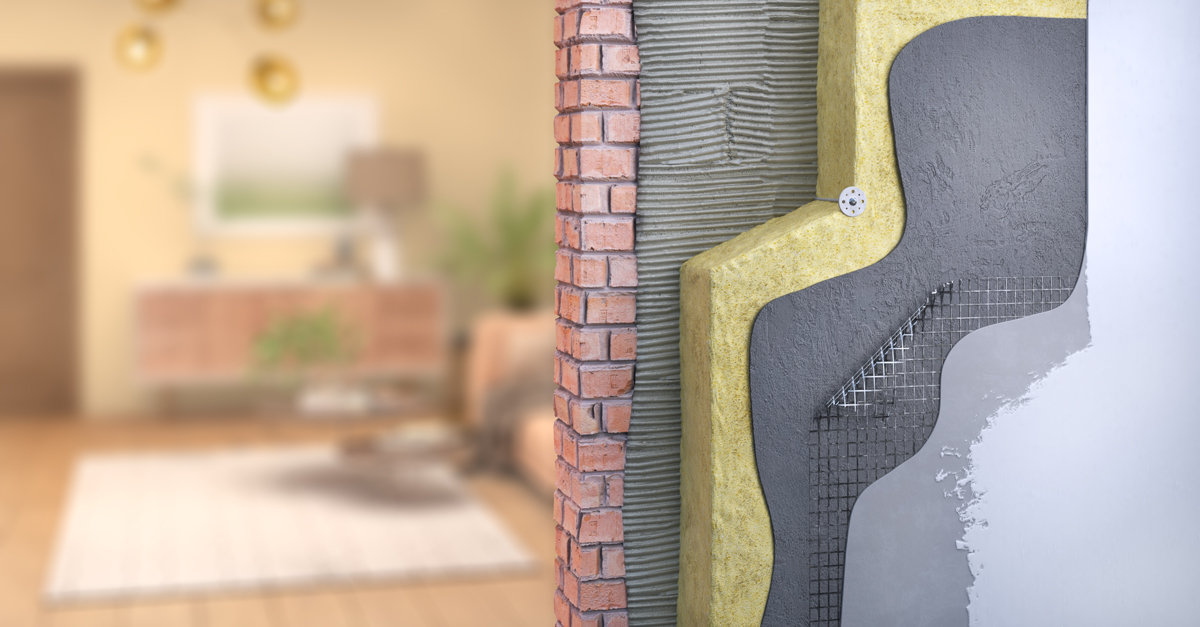Being energy certified means up to 10% more value for your property
The real estate market increasingly values sustainability in buildings. But how to measure your capacity for savings and efficiency? New buyers are willing to pay up to 10% more for properties that can prove their reduced consumption with energy certificates. Insulation is the first step.
Share

It all started on January 4 in 2003, in Europe, with a change that would culminate in the New Green Deal, transforming our energy use towards the year 2050.
On that day, the Energy Performance of Buildings Directive (EPBD) was launched in line with the famous Kyoto protocol that initiated the sustainability movement. In 2015, it became the Paris Agreement. These were the first global measures agreed upon to initiate a paradigm shift that would affect the energy consumption habits of the global population. Today in 2020, these agreements have been overtaken and improved but it is obvious that they were the precursors of a new style of construction.
The value of energy-efficient buildings
The original 2003 directive was born out of the need to reduce and optimize the energy consumption of existing buildings at the time. According to EU Commission studies, buildings represent 40% of energy consumption and 36% of CO2 emissions in Europe. At present, around 35% of the EU’s buildings are over 50 years old. The improvement of their energy efficiency could mean a 5 to 6% reduction in total energy consumption across the EU and a decrease of approximately 5% in terms of CO2 emissions.


But the most alarming figure is that 75% of current buildings will still be standing and in use in 2050. At the current rate of renovation, it will take approximately a century to eliminate the existing inefficiencies and reduce the production of C02.
Of course, all of this is already known. However, what’s now emerging is that when it comes to rent or sell such buildings, their ‘energy status’ is increasingly affecting their market value. Concepts such as "green value" or "brown discount", depending on the energy status of the building up for sale, are starting to become part of common real estate jargon. The value of properties will depend on their energy efficiency and in the future, it’s likely that we will consider inefficient or unsustainable properties as obsolete, thus decreasing their market value.
More efficiency, more money for your property
Most European countries already have a system of energy certification, allowing them to assess the energy status of both new and existing buildings. The value of the property is basically influenced by two efficiency parameters:
- The more energy-efficient, the lower the operating and maintenance costs.
- The higher the level of certification, the greater the value thanks to the reduced cost of future upgrading (due to regulatory changes, legislation, consumer trends, etc.).
It is estimated that the value of residential buildings with energy certification increases between 3 and 10% compared to those without. For commercial buildings, the premium seems to be higher, between 10 and 20%. In the case of rental prices, these are also positively affected by 2-5%.
This is probably one of the most powerful reasons to renovate existing buildings but, without a doubt, another significant reason will be the increasing global visibility and value of energy certifications, such as BREEAM, LEED, HQE, Passivhaus, Minergie, or DGNB. In the future, these and other certifications will mark the difference between obsolete and standard.
Out of most energy efficiency measures, thermal insulation is probably one of the simplest and fastest to carry out, and it starts to make an immediate difference in a building’s energy consumption. At URSA, we can help and advise you on how to begin the change.
Share
Categories
Lastest news
Tags
- Accelerate Renovation
- Building Renovation
- Certification
- Circular Economy
- circulareconomy
- Climate change
- CO2 Reduction
- Comfort
- Deep renovation
- Descarbonization
- Diversity
- Energy efficiency
- Environment
- EPBD
- Equality
- ESG
- ETEX Group
- Eurima
- Green Deal
- Healthy Buildings
- Healthy homes
- Indoor air quality
- Industry
- innovation
- InspiringWaysOfLiving
- Insulation
- InternationalWomensDay
- LCA
- Mineral wool
- PrioritisePeople
- Recycle
- renewable energy
- Renovation Wave
- reuse
- Safe homes
- Safe life
- Safe work
- Safety
- Save
- Solidarity
- Sustainability
- Thermal insulation
- UN Sustainable Development Goals
- United Nations Global Compact
- UnitedToInspire
- URSA
- Ventilation
- waste
- We are URSA
- We are Xella
- Women
- WorldPolarBearDay
- Xella Group
